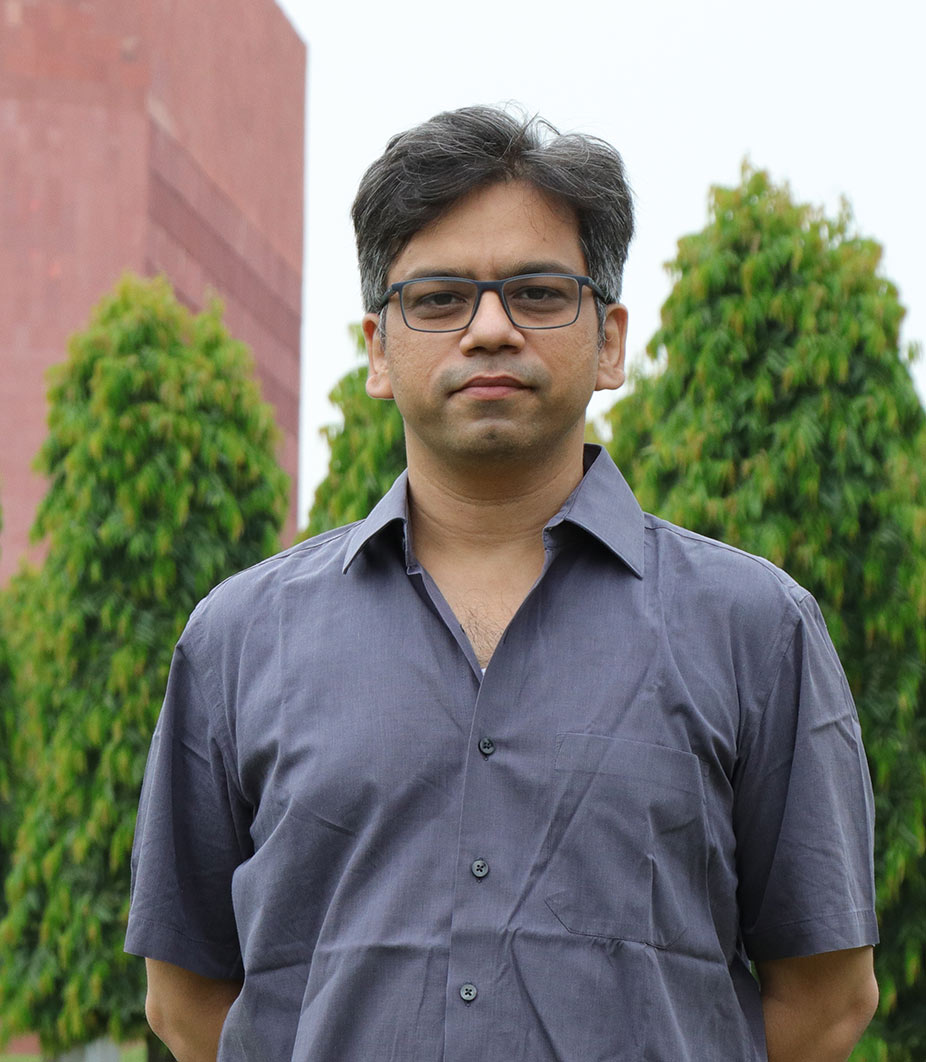About Us
Get to know us better
Background
Transdisciplinary research represents an evolving paradigm (Beavis and Gibbs, 2020) that transcends traditional disciplinary boundaries, by encouraging collaboration and integration of knowledge from various fields. Transdisciplinary research proves particularly efficacious when tackling complex problems that elude comprehensive knowledge or resolution beyond the confines of a solitary discipline. This is because the nature of many pressing contemporary societal challenges necessitates an approach that surpasses isolated disciplinary approaches: multiple disciplinary perspectives provide partial and often incompatible explanations of the structures, causes, or effects that matter. Often, many candidate solutions are available to address these issues, but there is uncertainty or disagreement about what to prioritize or avoid. In addressing these complex issues, the isolationist stance of a singular discipline's rigorous scientific criteria may fall short of generating socially robust outcomes. (Nowotny et al., 2003).
According to Pohl et al. (2007), transdisciplinary research is most needed in situations when Knowledge about a societally relevant problem field is uncertain when the concrete nature of problems is disputed, and when there is a great deal at stake for those concerned by problems and involved in dealing with them.
Transdisciplinary research deals with problem fields in such a way that it can:
- grasp the complexity of problems
- take into account the diversity of life-world and scientific perceptions of problems
- link abstract and case-specific knowledge, and
- develop knowledge and practices that promote what is perceived to be the common good. (Pohl et al. 2007 )
Mission
ACT Centre strategically aims to instigate and promote transdisciplinary research within the Thapar Institute of Engineering and Technology. This goal aligns with the Thapar Institute’s commitment to staff personal and professional development, and the goal of advancing and disseminating academic knowledge in domains related to the institute’s scientific domains. By achieving these goals Thapar Institute aims at obtaining a prominent position as a technological university in India and internationally.
The ACT Centre extends an invitation to all academic personnel to actively engage in this initiative by identifying transdisciplinary research topics connecting with colleagues from diverse knowledge domains and proposing projects that promise novel and high-quality publications.
To ensure the depth and breadth of transdisciplinary engagement, the ACT centre stipulates that a minimum of three disciplines must be involved in the proposal to be eligible for financial support. This requirement underscores our commitment to fostering truly integrative research endeavors that contribute meaningfully to the collective pursuit of knowledge and the common good.
 ACT CENTRE
ACT CENTRE



